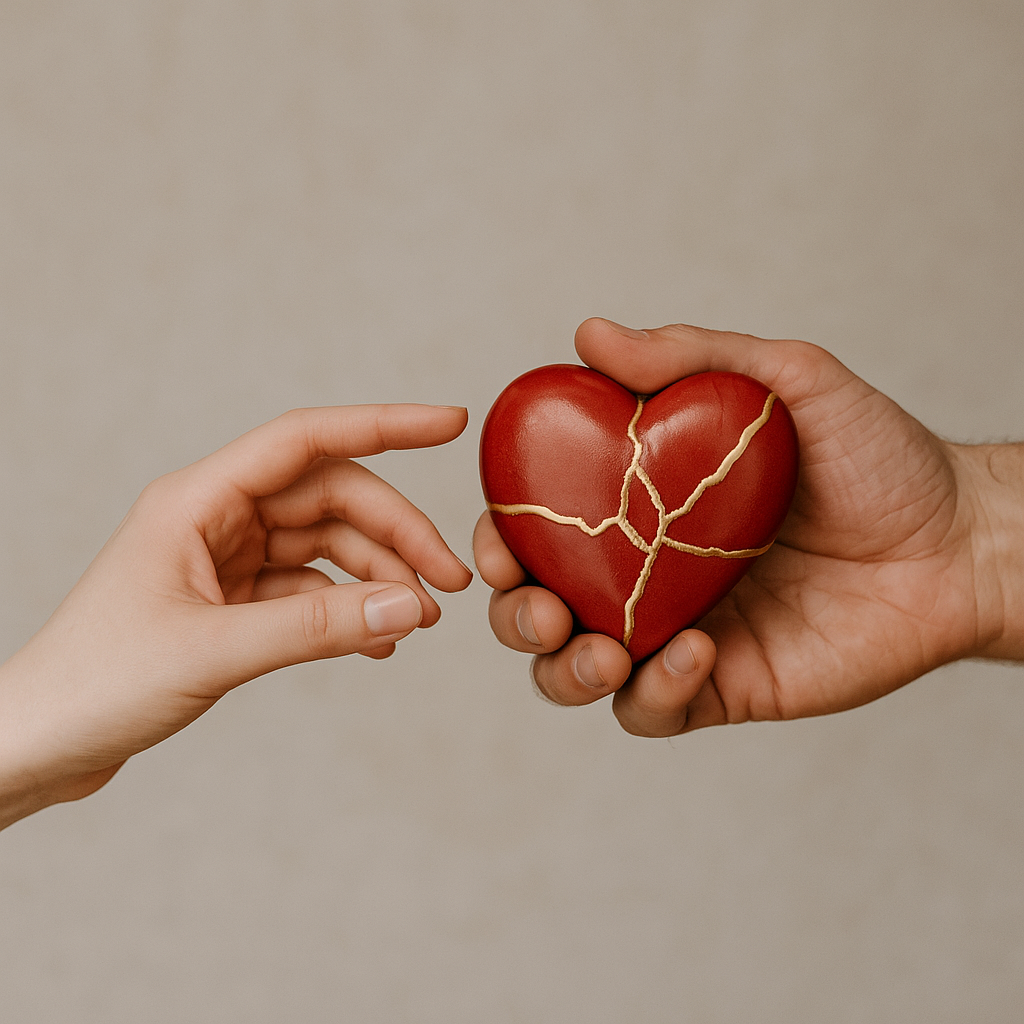I hurt you, and I’m learning to love the hard way.
When we hurt the ones we love, it’s difficult not to imagine a timeline where the wound never landed—where trust, understanding, and connection remain intact. Yet intention never erases impact.
The Slow Drip of Hurt
Hurt rarely arrives in a single dramatic blow; instead, it seeps in over time. Resentment accumulates, distrust skews our perception, and quiet walls rise where openness once lived. Each subtle shift pushes us farther apart until we feel stranded on opposite shores.
Why Good Intentions Aren’t Enough
Fear, insecurity, and unhealed trauma often steer our actions. Nevertheless, good intentions feel hollow to the person carrying the bruise. Because of that mismatch, we end up hurting the ones we love while convincing ourselves we meant well.
The Ripple Effect
Soon after the harm, silence blankets the room, distance stretches between us, or confrontation erupts. Each response reverberates forward, rewriting our capacity for trust and reshaping our self‑image. One wound multiplies into many.
A Hard Lesson in Love
My last attempt at love was messy and emotional, and most of the fault belongs to me—a hard pill to swallow. At first, I didn’t think I was acting selfishly; in hindsight, nearly everything I did was meant to shield myself. I tried to protect my heart from judgment, sadness, hopelessness—every form of pain I feared. Ironically, those feelings arrived anyway, and I added fresh hurt to someone I cared about.
By the time I recognized the damage and tried to make amends, it was too late. That experience still leaves me with a difficult question: How do we recognize we’re hurting the ones we love while the hurt is still reversible?
Breaking the Cycle
So, how do we build future relationships on ground already cracked? First, we name the harm. Next, we own the impact without excuses. Finally, we choose new behavior—and repeat that choice daily.
I usually dodge conflict; nevertheless, avoidance never repairs what broke. Real healing begins when I stay in the room long enough to listen, apologize, and try something different.
Choosing Repair
Ultimately, love asks us to choose repair over retreat—one honest word, one revised action at a time. We can’t rewind the wound, yet we can shape who we become because of it. Although the work remains messy and imperfect, it’s the surest way to stop hurting the ones we love and invite them to keep loving us back.

Leave a Reply